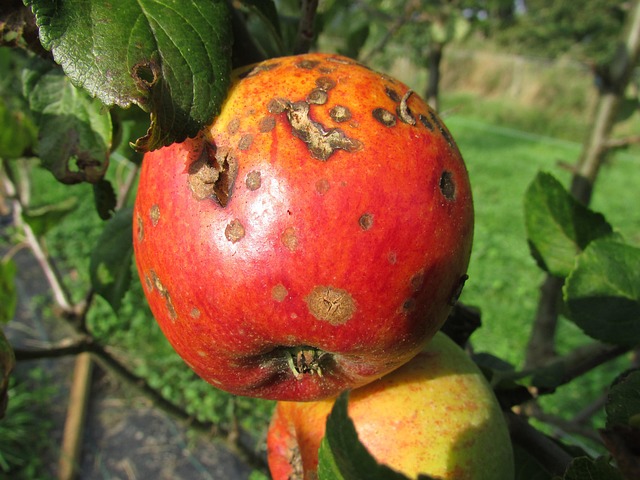Desertification represents a profound challenge to our planet, intricately tied to climate change and the delicate balance of our ecosystems. The stark reality is that a significant portion of the Earth’s arable land is under threat from the advance of deserts, impacting not only the environment but also food security and millions of livelihoods worldwide. As we grapple with this crisis, innovative solutions emerge, and one of the less-discussed allies in the battle against desertification is fungicides.
Fungicides, traditionally viewed through the lens of agriculture as a tool for combating crop diseases, play a crucial role in sustaining plant health and enhancing soil fertility. Healthy plants are not only vital for food production but also contribute to the stabilization of the soil, preventing erosion and the subsequent encroachment of desert landscapes. By promoting robust root systems, fungicides can help plants endure extreme conditions brought about by shifting climates.
The link between climate change and desertification is increasingly evident. Climatic shifts lead to alterations in rainfall patterns, extreme temperatures, and prolonged droughts, creating a feedback loop that exacerbates land degradation. Indigenous vegetation often cannot cope with these rapid changes, leading to the loss of biodiversity and the transformation of once-fertile lands into barren deserts. This is where the role of fungicides becomes significant; through integrated pest management and sustainable agriculture practices, they can mitigate the effects of some climate-induced stressors.
Moreover, the application of fungicides can aid in the restoration of degraded lands. By protecting crops vulnerable to fungal infections, farmers can maintain higher yields even in the face of climate adversities. Healthy crops retain more moisture in the soil and reduce the likelihood of erosion, which is paramount in combating the advance of desertification. Implementing these agricultural practices also supports local economies, ensuring communities are resilient against climate challenges and fostering sustainable land use.
As we strive for a sustainable future, the collaboration of scientists, farmers, and environmental advocates becomes increasingly critical. The judicious use of fungicides must be balanced with environmental stewardship to ensure that their application does not inadvertently harm the very ecosystems they aim to protect. Emphasizing organic fungicides and biocontrol methods, alongside traditional practices, might offer pathways to harmonizing agricultural productivity with ecological health.
Education and awareness around the use of fungicides in combating desertification must be prioritized. By enlightening communities about their benefits and the broader implications of desertification and climate change, we empower them to make informed decisions that benefit both the environment and their livelihoods. Initiatives that promote sustainable agricultural practices can lead to a restoration of not just the soil, but the spirit of resilience in the face of climate change.
Guarding against desertification necessitates a multifaceted approach, where fungicides can play a decisive role as part of a comprehensive strategy. As we face the challenges of climate change with urgency, the thoughtful application of these substances alongside sustainable practices could hold a piece of the solution, ensuring that our planet retains its vitality and diversity for generations to come.



